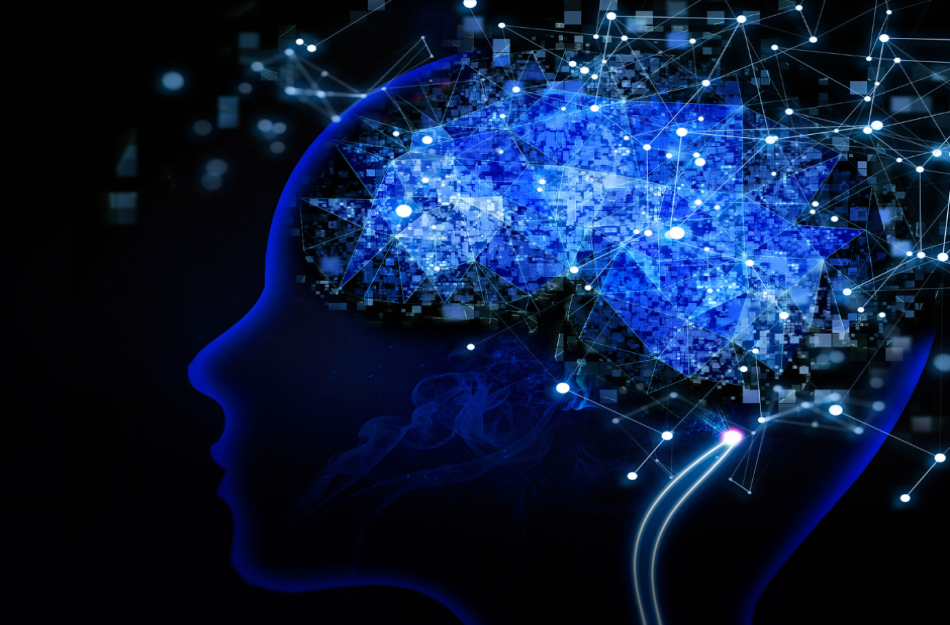
Aizen
Impact of artificial intelligence on growth and employment
The impact of artificial intelligence (AI) on growth and employment is a topic of great interest and debate. While some experts are optimistic about the positive effects of AI on productivity and economic growth, others express concerns about potential job displacement and social consequences. It is clear that the long-term implications of AI on growth and employment are complex and contingent upon various factors, including policy choices, skill development, and the ability to adapt to technological changes.
The rapid advancement of artificial intelligence (AI) technology is indeed having a significant impact on the job market and shaping the future of work.
Here are some key points to consider:
Job Replacement and Creation: According to the World Economic Forum, AI is expected to replace 85 million jobs globally by 2025, while also creating 97 million new roles. However, the jobs that AI creates may differ from those that are being lost. Repetitive and mundane tasks are more likely to be automated, while jobs requiring human skills such as problem-solving, creativity, and empathy are less susceptible to automation in the near future. AI has the potential to enhance these human-centric jobs and create new opportunities.
Examples of AI Impact: Companies like UPS have successfully integrated AI into their operations. By using AI to optimise delivery routes, UPS has saved costs and reduced its carbon footprint. The rise of self-driving cars has also led to the emergence of new industries and job opportunities in fields like ride-hailing services and autonomous delivery companies. AI is driving innovation and creating new business models.
Business Strategy and Adaptation: Businesses must identify which tasks can be automated and which require human skills. This understanding helps them develop strategies for adopting AI that align with their specific needs. Companies heavily reliant on data entry and processing can benefit from AI automation, while those emphasising creativity and problem-solving may invest in developing these skills among employees. Adapting to these changes is crucial to avoid being left behind.
Virtual Assistants, Predictive Analytics, and Collaborative Robots: AI-powered virtual assistants like Siri and Alexa are becoming increasingly common in the workplace, helping employees manage tasks and prioritise their workloads. Predictive analytics powered by AI is transforming the hiring process, making it more efficient and effective. Collaborative robots, or cobots, are designed to work alongside humans, automating physically demanding or dangerous tasks. This allows humans to focus on critical thinking and decision-making.
Adapting to Change: As AI continues to shape the future of work, businesses need to invest in new technologies and adapt their business models accordingly. This may involve retraining employees to work alongside AI systems or hiring individuals with specialised AI-related skills. Staying competitive requires a proactive approach to embrace the opportunities AI brings.
AI is reshaping the job market by automating certain tasks, creating new industries, and transforming business models. While it may replace some jobs, it also presents new opportunities for human skills and productivity. Adapting to these changes is essential for businesses and individuals to thrive in the evolving work environment.
AI will both replace and create new jobs. The economic impact of AI is significant, with estimates suggesting it could contribute $13 trillion in additional global economic activity by 2030, leading to a 16% higher cumulative GDP compared to today. The adoption of AI is expected to increase, with around 70% of companies embracing AI by 2030.
Several jobs are likely to be affected by AI automation, including customer service representatives, receptionists, accountants/bookkeepers, salespeople, research and analysis roles, warehouse work, insurance underwriting, and retail positions. Some jobs, such as teachers, lawyers, managers, psychologists, surgeons, computer system analysts, and artists/writers, are less likely to be replaced by AI due to the complexity and human skills involved.
The importance of acquiring AI skills is emphasised, and individuals are encouraged to embrace lifelong learning, develop soft skills, be agile, and specialise in a particular area to stay ahead in the AI era.
While there are concerns about job displacement, AI also presents opportunities for innovation, productivity growth, and the creation of new job roles.